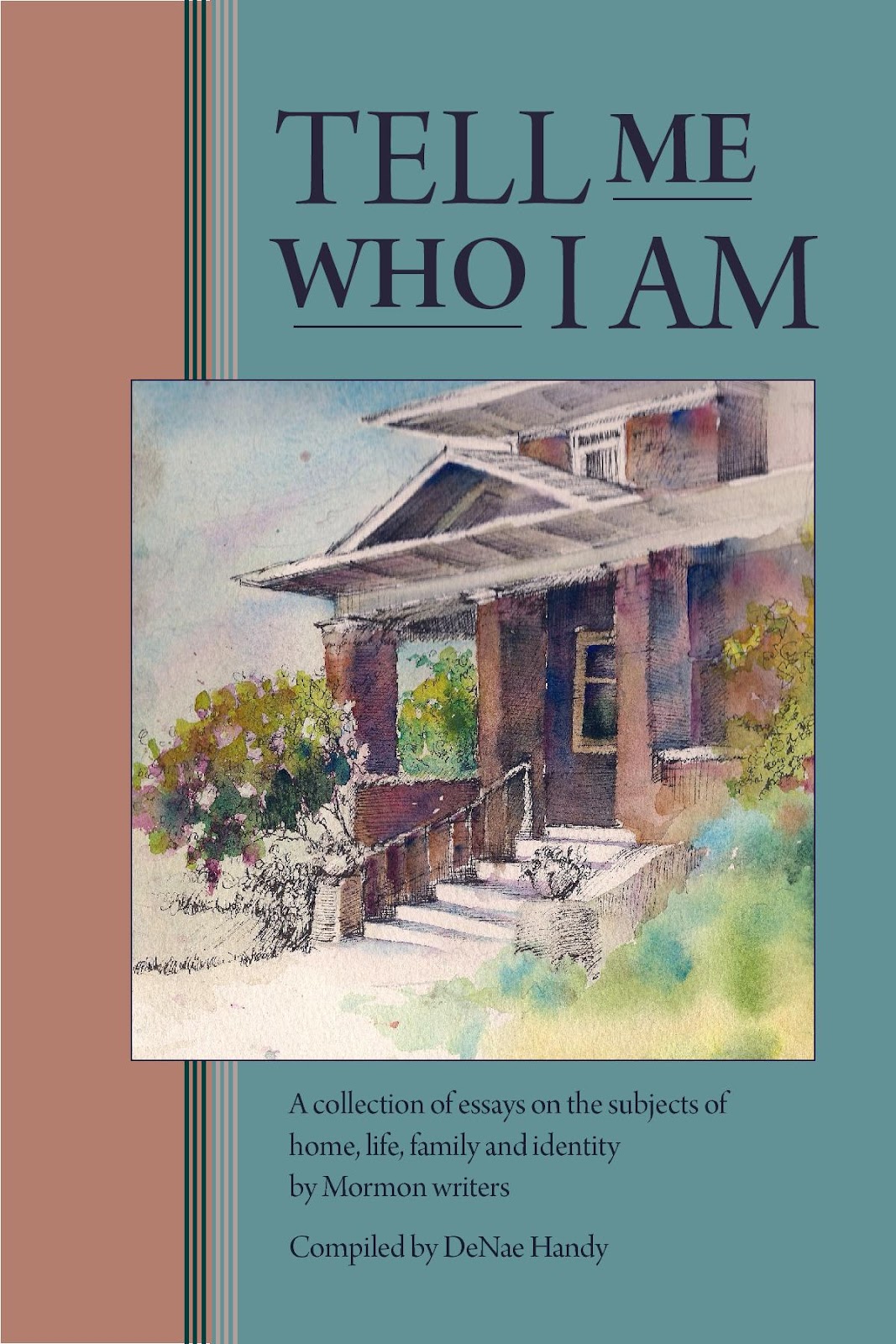For this post, I'm addressing the specificiosities (yeah, I know it's not a word but I used to be an English teacher and I stand by the theory that if you taught the language, you can make up words for it) of the 6-7-8 writer's conference now that I have my notes. (It's the only thing I've taken out of my suitcase. I've been home close to a week and it's still packed. We're nearing a new record, people.) I'm digging into the details, but if you want the more general overview/broad impressions of the experience, check here.
On to the conference....
First up was Jeffery Marsh, Cedar Fort acquisitions editor, who gave an inspirational overview message. His two main points were:
1. Write to an audience.
-don't let an idea take over
-don't talk to yourself
The basic idea here is that you have to keep in mind that for people to want to read your book, you must give them a story they're interested in. That means not getting caught up in some tangential theory that's fascinating to you but marginalizes the reader. Also, write to include the reader, not just to please yourself. Make every effort to bring them with you in your idea or story.
2. Learn the art of storytelling.
Internalize the concept of a beginning, middle and end. He suggested reading Writer's Journey by Chris Vogler. I think he's a script doctor who's been brought into work on dozens of major films.
Next was Abel Keogh, author of Room for Two. He addressed why an author should have a website:
- -it's a perfect marketing/branding tool
- -gives you a global voice
- -allows you to share expertise, experiences, education, enthusiasm
- -helps sell books
He also listed seven things every author's website should have:
- -a page that lists your books or other published works
- -an "about" page with a photo and a short bio
- -contact method, whether it's a contact form with no direct email to you, or an email address
- -a way to collect voluntary emails and other info for contacting your audience (mailing lists, etc.) for use with future projects
- -"Sightings" page for things like scheduled book signings or presentations you have coming up
- -a blog
- -analytics tool (tracks for your eyes only the data of who's visitng your site: which parts they're visiting, how long they're spending, what part of the world they're from, how they're finding you, like through Google, etc.)
The next section was on blogs and why it benefits and author to keep one:
- -shows your expertise
- -builds an audience for your writing style
- -gets your name out there
- -keeps you writing (super important for me!)
He said authors should make their posts relevant to their:
- -audience (moms? other authors? prospective book buyers?)
- -expertise (parenting? editing? bargain hunting? scripture trivia [is that an oxymoron?])
- -books
And I think it was Abel who emphasized that you have to THINK before you publish.
Janet K. Jensen was tapped to speak because Doug Johnston, the publicist for Cedar Fort, feels that she's a master of self-promotion. I didn't take as many notes on this section because I spent a lot of time looking at all the different materials she brought and the tons of examples she had. She mentioned that as a writer you should have a resume which includes things like writing conferences you've attended, honors and recognition, your author bio, and put key info in your email signature as a marketing tool, i.e. every one of her emails ends with an automatic signature including her name and her book or other important info about her.
I liked what she does at book signings. She brings a small display (it looks like a miniature baker's rack) that basically reflects the spirit of her book. I guess it's really kind of like branding. Her book Don't You Marry the Mormon Boys centers on a marriage relationship so her display includes candy, figurines, her business card and bookmarks, all reflecting the tone of her book.
Last was Doug Johnston, Cedar Fort's publicist. I'll just bullet point the main points he made with headings where it will clarify a shift in subject.
When sending a book to a newspaper for a review
- -never send a book without a media kit
- -always follow up with the reviewer
- -always thank the reviewer
What he wants from authors
- -tell him about your book in very brief bullet points
- -tell him what you're going to do for your book promotionally
- -convince him to convince the marketing team that they have a winner
Guidelines for book signings
- -always talk to the person you're signing for
- -smile (don't chew gum)
- -tell them about your book in 20 seconds or less
- -ask if they would like a personal autograph
- -get their emails
- -have enough books to sell
When contacting a publishing company
- -know the names of publishers
- -make your emails short
- -one topic per email
- -follow through if you don't hear back
What an author can do
- -ask for info about who will be helping you market your book
- -make it sell
- -write another book! It helps earlier books sell, too.
Unfortunately I can't comment too much on Elosie Owens' part of the presentation because I was out for most of that but by all accounts, she was awesome so I was sorry to have missed that.
Again, my major takeaway was how much an author's job actually goes past just the writing but in this day and age, there are a number of resources easily available about everything from marketing to writer's digests to help a new author to make her way.
Very worth my time. Thanks, Cedar Fort!

















0 comments:
Post a Comment